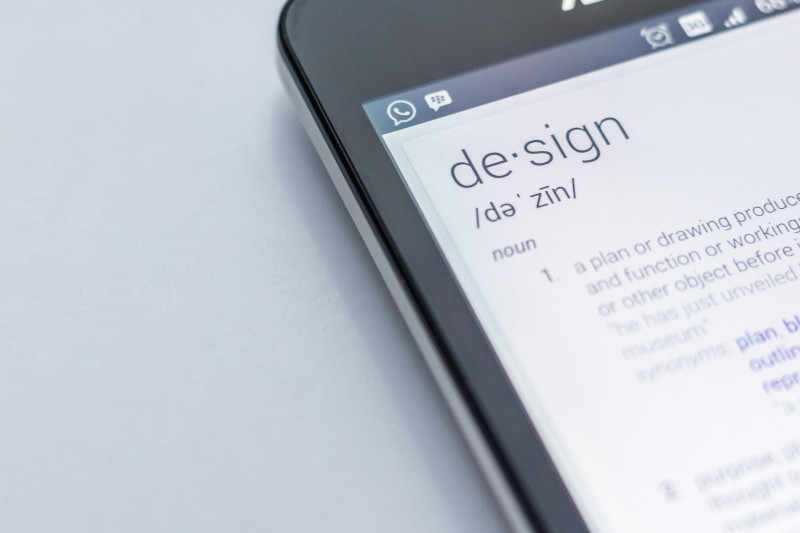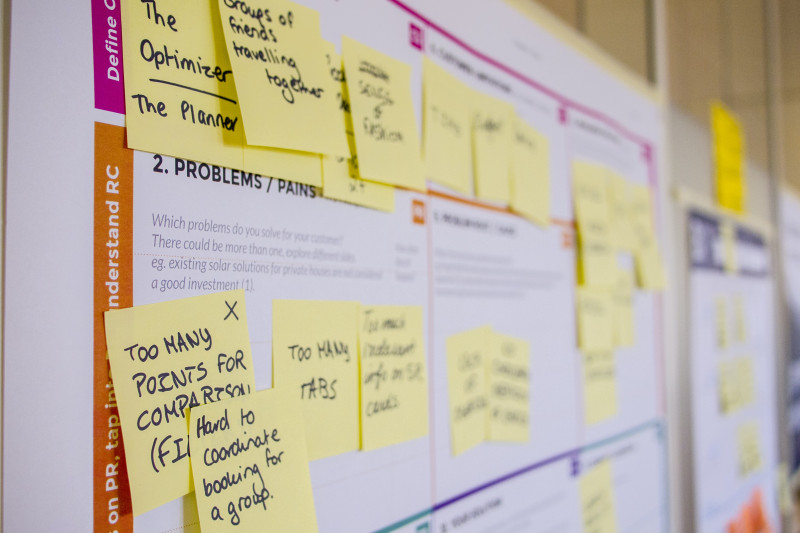Think
The COVID-19 pandemic has accelerated the shift to remote work, forcing organizations to adopt new ways of collaborating and delivering services. This has presented both challenges and opportunities for service design, a field that focuses on creating and improving services for customers. As more and more service design teams operate remotely, it is crucial to understand the impact of remote work on service design and to adapt traditional service design practices to remote collaboration.
In today's rapidly evolving digital landscape, service designers play a crucial role in shaping the experiences of millions of users across various industries. As we create and innovate, it is imperative to recognize that our design decisions can have far-reaching consequences, both positive and negative. This makes ethical considerations an essential aspect of the service design process.
Designing government and community services can be hard. The people we are designing for and with often need wider consideration and deeper empathy to understand their needs and behaviours, to build trust and rapport and to make meaningful connections. This article talks about why trauma-informed design is important in government and community services.
Gemba is a problem-solving approach that emphasises empathy and understanding within the workplace. It originated in the Japanese automotive industry and has since been applied to various fields, including design thinking, service, and strategic design. This article will explore the Gemba method, its benefits, and how to implement it in your organisation for improved service design.
Teams is a tremendous organisational collaboration and productivity tool, but did you know that using teams to collaborate supports your organisation's security protocols? Take advantage of Teams and make your organisation more secure.
So many kinds of design! Here's an article to help you navigate the complexity of design and understand where these three design disciplines fit into the big picture.
You may not have heard of Poke Yoke, it's a process developed by the vehicle manufacturing industry in Japan. It just means error proofing. Here's why Poke Yoke might be helpful in your service design practice.
The most common question I get is "Service design, what's that!" Here's a primer that can help you understand service design. What it is. Why it's important. And how service design differs from some of the related disciplines.
Improve your work, systems and processes with human centred design. Use these 10 tips to 10X your workplace.
Canberra is a young and vibrant city with a lot going for it. It's a hidden gem striving to become the most progressive and livable city in the world. Here's why Canberra might achieve those lofty aspirations.








